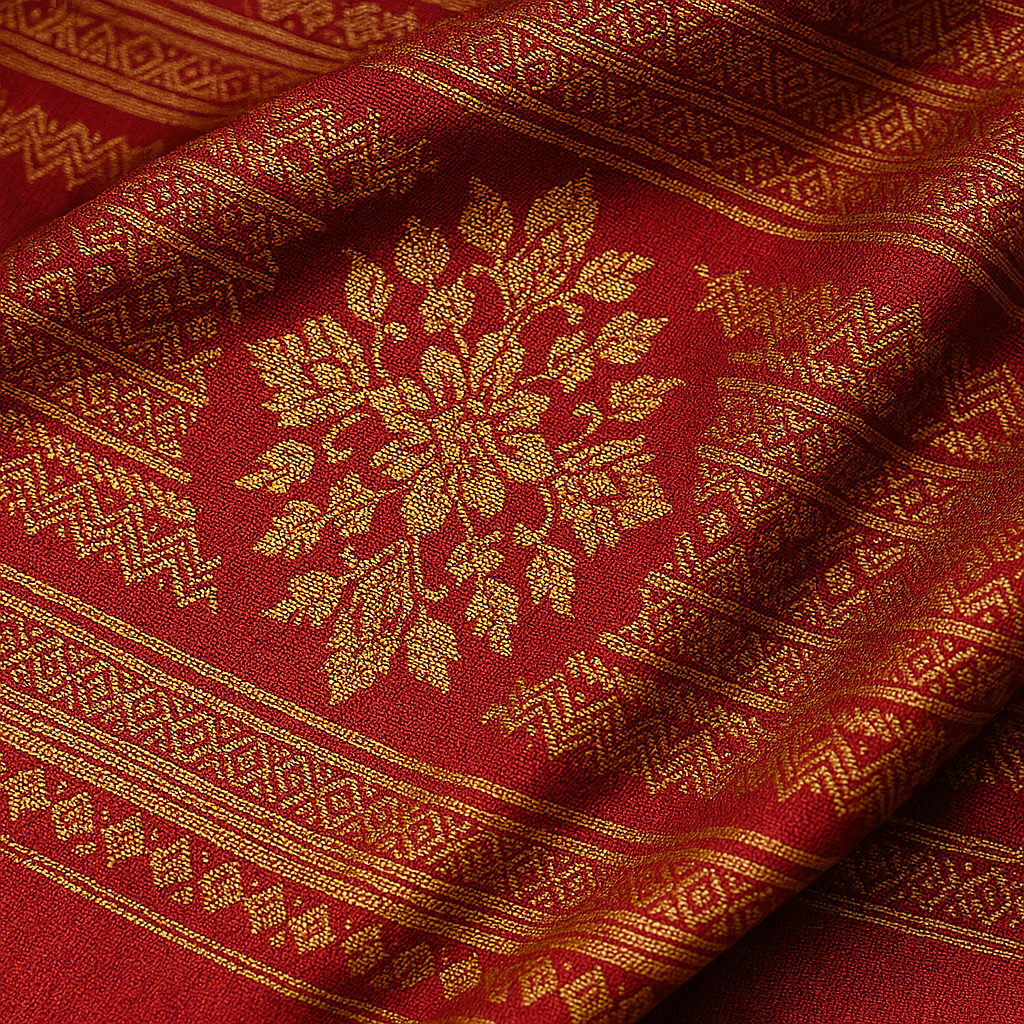
by Dr Rahim Said
In the grand tapestry of our nation’s history, few things glimmer as proudly as the handwoven songket — that exquisite cloth of shimmering gold and silver threads, painstakingly crafted by Malay artisans for centuries.
Songket is more than just fabric. It’s culture, it’s heritage, it’s the embodiment of our people’s soul, woven into patterns that speak of history, identity and dignity.
Today, however, this treasured tradition faces an existential threat. The market is being flooded with machine-made imitations from Bangladesh — mass-produced, soulless fabrics that mimic the look but never the heart of authentic Malaysian songket.
Factories churn them out at a fraction of the price, seducing the market through sheer affordability. These imports may shimmer in shop lights, but they lack the finesse, lustre, and life of a genuine, locally woven piece.
A true songket is not just worn; it’s inherited, celebrated, and cherished. It adorns our royalty, dignifies our weddings, and makes every Malay festive occasion a reflection of timeless artistry. And yet, unless we wake up to the creeping danger of complacency, we risk losing this vital strand of our cultural identity — another casualty in the relentless march of globalisation and unchecked imports.
I have long advocated for a Certificate of Authentication for our songket — a formal recognition of its materials, craftsmanship, and heritage.
Every piece should come with documented lineage: who wove it, what materials were used, where it was crafted. This certificate would not only protect buyers from forgeries but also elevate our songket to the stature it deserves — akin to the way Turkish carpets or Japanese silks are treated as valuable, collectible works of art.
This is not just a romantic notion; it is an economic and cultural necessity. Major producers in Terengganu are already reeling under the relentless onslaught of cheaper, inferior imports.
While discerning customers may still prefer the authentic over the artificial, the sheer volume and pricing of these imitations threaten to drown out our local industry. It won’t be long before even proud heritage houses in the East Coast states of Peninsula Malaysia may find it impossible to compete.
The time to act is now.
We must erect meaningful safeguards:
• Impose tariffs or restrictions on imitation imports.
• Establish a National Songket Registry to document and archive authentic pieces.
• Build strong, distinctive local brands.
• Invest in training programmes to nurture a new generation of weavers before the knowledge dies with our ageing artisans.
This is a matter of national pride. Songket isn’t just a fabric — it’s a statement of who we are.
If we can protect the intellectual property of industries, why not our culture? If we can campaign for the preservation of rainforests and heritage buildings, why not our centuries-old craft?
Let us not wait until the day when songket survives only in museums and old photographs.
Let us be the generation that chose to act, to preserve, to protect, and to celebrate this uniquely Malay tradition. Our ancestors handed it down to us as a precious heirloom. It is our duty to ensure it is passed on — gleaming, proud, and unmistakably ours.
The views of Dr Rahim Said, a Cultural Commentator & Advocate for Traditional Crafts, are entirely his own
WE